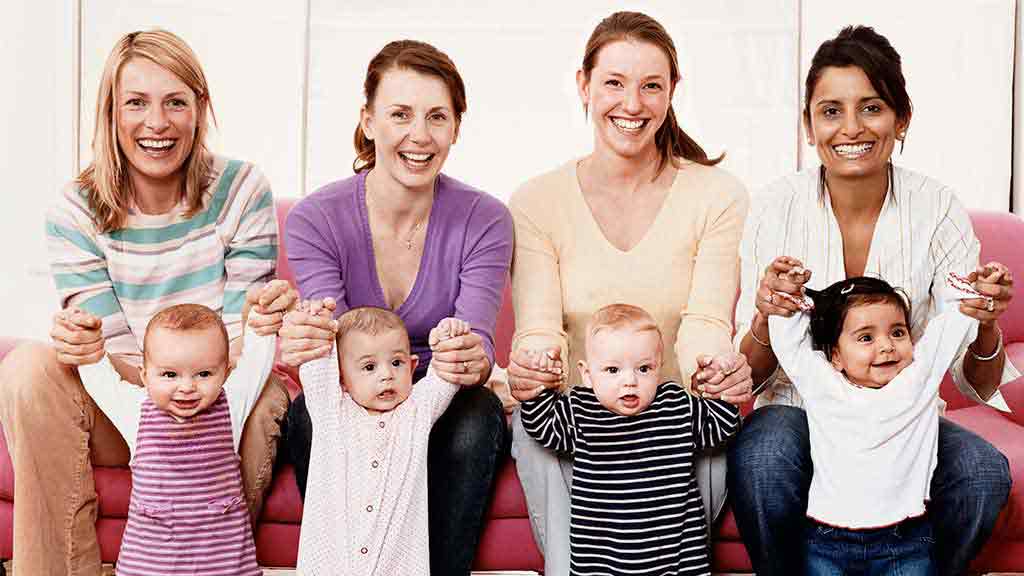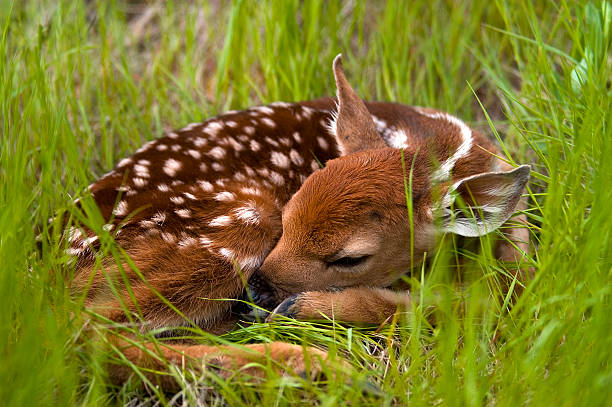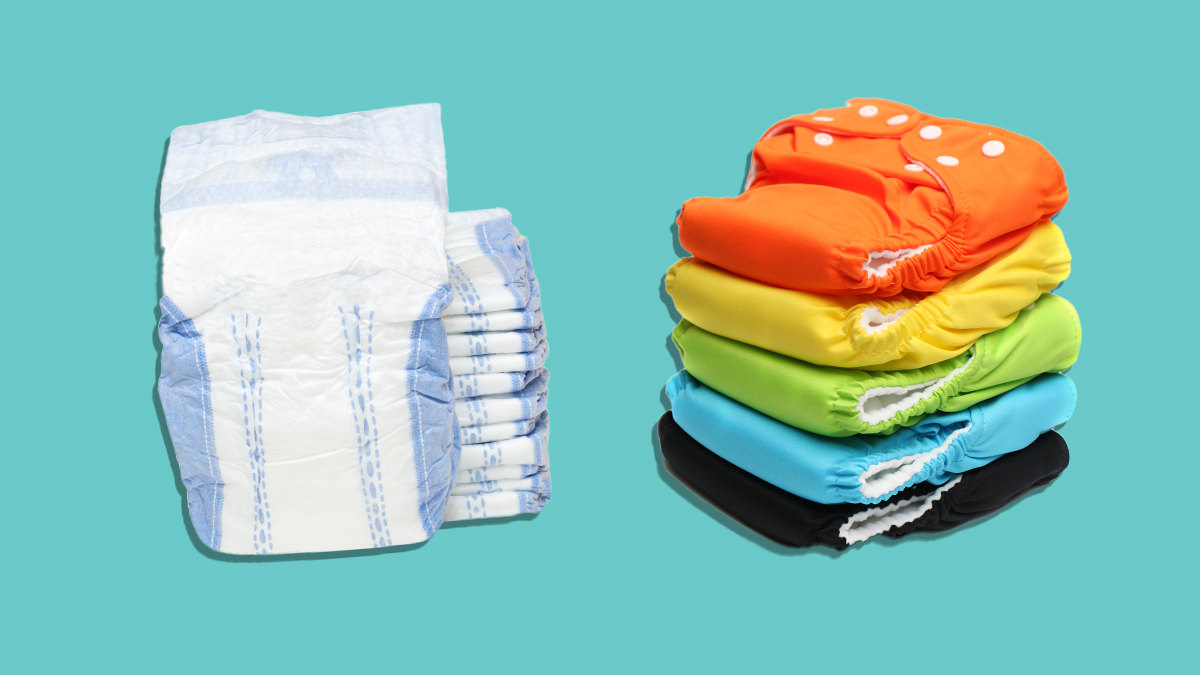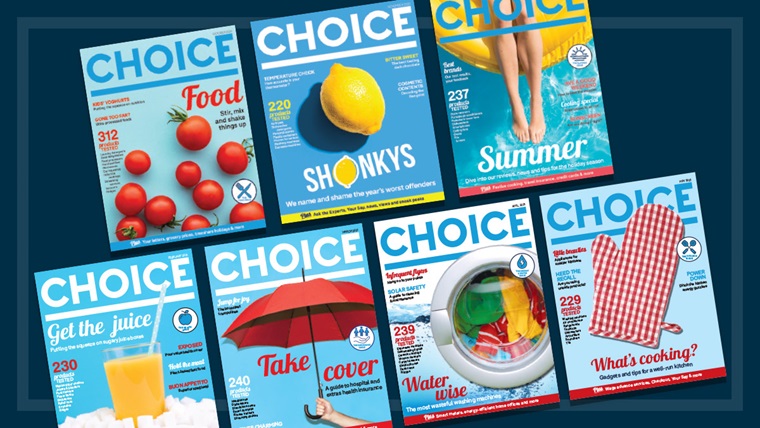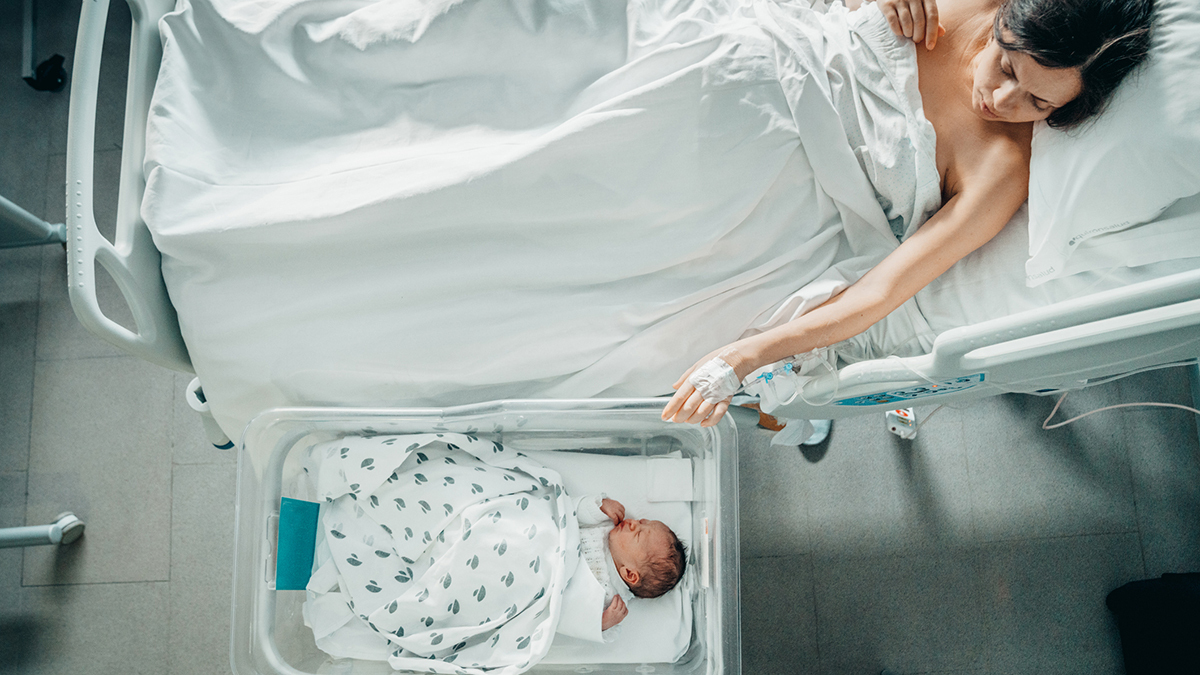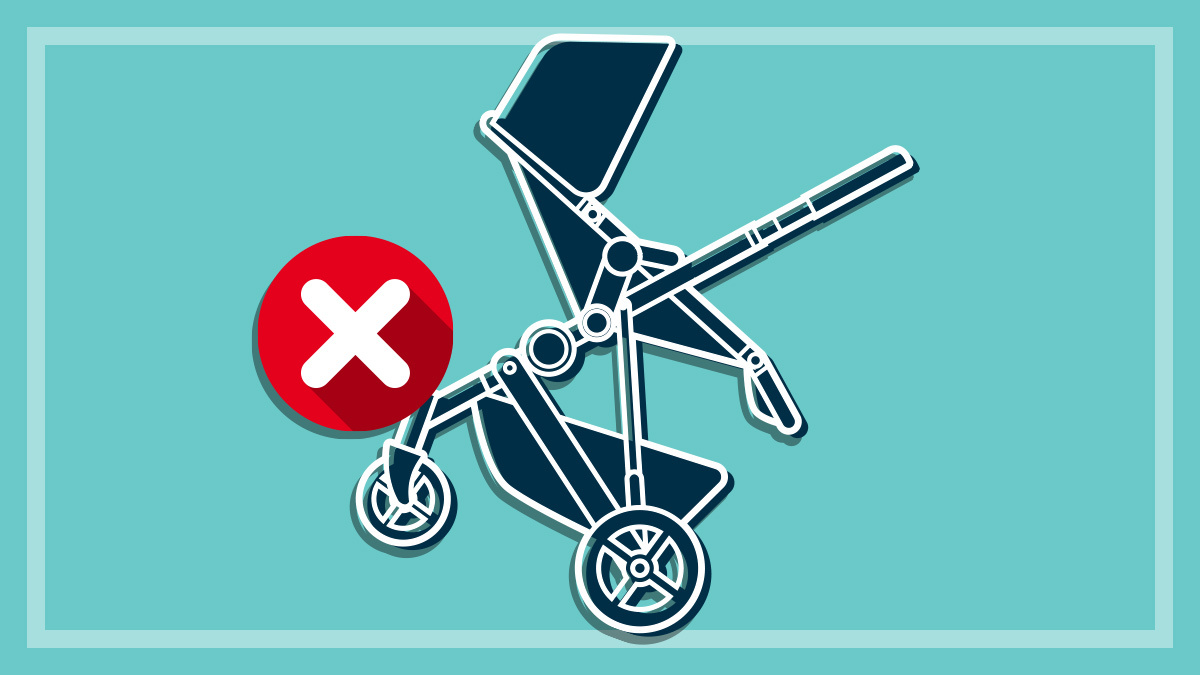Mothers’ groups
New friends for new parents.
Last updated: 26 Aug 2014
You don’t have to search too hard to find a horror story about mothers’ groups. Tales abound of “queen bees” and “yummy mummies” vying to outdo each other – with a more expensive pram, a better-dressed baby or even by fitting back into their size-8 jeans first. But that’s a long way from the truth for many new mums. In fact, mummies’ (and increasingly, daddies’) groups can be one of the best experiences of becoming a parent.
On this page:
How mothers’ groups work
If you’re a first-time mum, you may be wondering how the whole mothers’ group thing gets off the ground. Here’s all you need to know.
How you get assigned to a mothers’ group
In many cases, hospitals assign new mothers to a group to meet up with in the local area. This happens in the first few weeks after your baby is born. Alternatively, a group may be organised through your antenatal classes. If you haven’t been told about a mothers’ group in your area, ask your maternal child health nurse or check your hospital’s noticeboard for information.
If you haven’t been assigned a mothers’ group – perhaps you live in a rural area, or there aren’t enough new mums giving birth at roughly the same time as you – it might pay to find out if your nearest Australian Breastfeeding Association has a local support group.
Who will be in the group?
The first few meetings of the mothers’ group are often hosted by a third party, like a maternal and child health nurse, but soon the group will head off on their own. The mothers can be a mixed bunch in terms of age, background and interests, but what you all have in common is that you’re mums, and your babies will all be very close in age.
How often do mothers’ groups catch up?
It all depends on the needs of the group. Catch-ups can be weekly, monthly, or ad hoc as needed.
What do mothers’ groups do?
Again, it’s up to the mothers in the group. But you may visit the park or the beach, have a coffee, have lunch, meet up at each others’ houses, and maybe even leave the little ones at home and head out for an evening off. A mothers’ group is an opportunity to share issues, advice and laughs. It’s also often a break during some of those long days at home in the company of a fretful baby and an enormous pile of washing.
What if the mothers’ group doesn’t gel?
Not all new mums will gel, and some mothers’ groups can be more difficult than others to keep together. If you’re having difficulty bonding with the women in your group, you can try alternatives like joining your local playgroup or signing up to Gymbaroo.
What about fathers’ groups?
Some local areas will have a fathers’ group as well as a mothers’ group, particularly if there are a reasonably large number of stay-at-home dads around. If you’re interested in joining one, find out if there’s already a program up and running in your local area – you can ask the maternal child health nurse, check out the hospital’s noticeboards, or look online. If there isn’t one, you can always start one.
Parents’ groups online
If you’re unable to find a local mothers’ or fathers’ group, or you haven’t gelled with the one you’ve been assigned to, there’s a whole world of mums and dads looking for camaraderie online. Check out the message boards of popular sites like Kidspot, Essential Baby, Bub Hub and others – you might find people in your local area who are just as keen to connect as you are.
Zoya Sheftalovich is a freelance journalist for CHOICE.
You can find her on Twitter and LinkedIn.
Zoya Sheftalovich is a freelance journalist for CHOICE.
You can find her on Twitter and LinkedIn.
Kate Browne worked at CHOICE from 2006 to 2018, as an investigative journalist and lifestyle editor.
You can find her on LinkedIn.
Kate Browne worked at CHOICE from 2006 to 2018, as an investigative journalist and lifestyle editor.
You can find her on LinkedIn.

